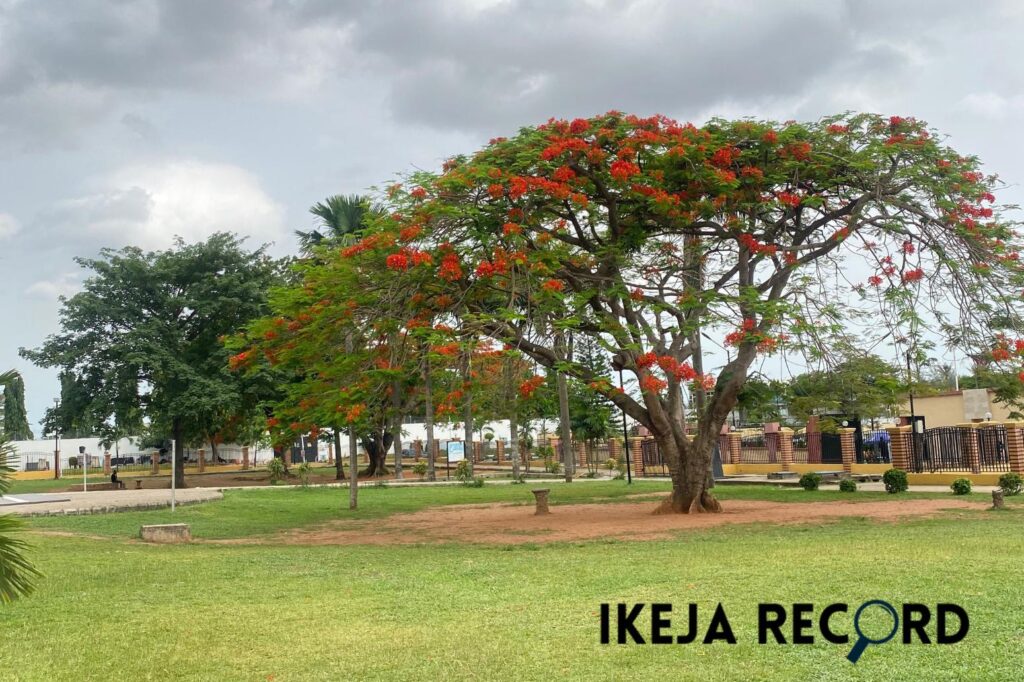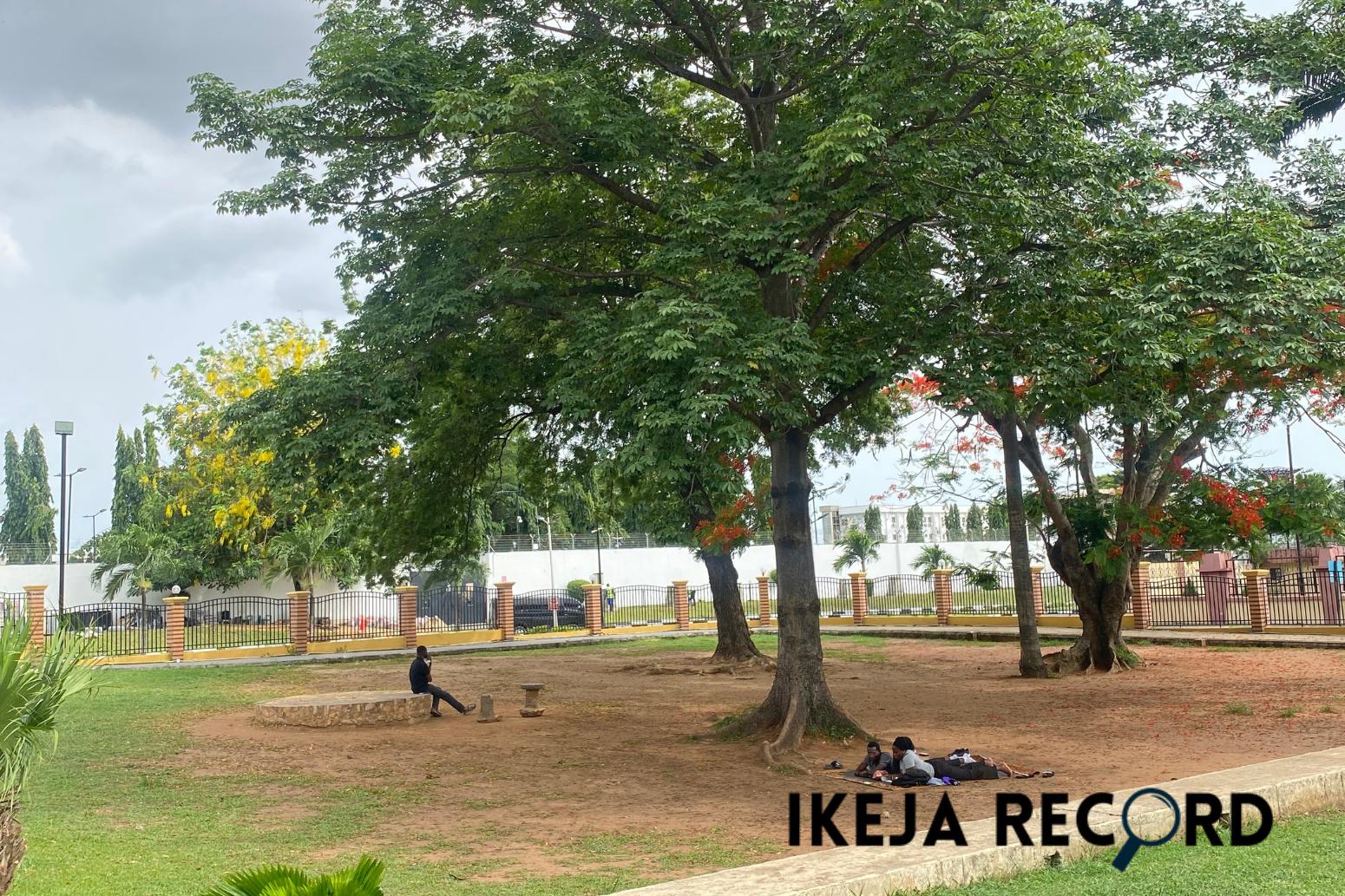An Abuja-based hospitality specialist, Mr. David Ugochukwu, had been in Lagos for a few days on business. On a recent Monday, with time to spare before a meeting, he decided to find a place to relax and was directed to the Johnson Jakande Tinubu (JJT) Park in Alausa.
At the gate, officials asked him if he had a Lagos State Tax Identification Number, so he could make a N1,000 access fee payment. When he said no, he was offered an alternative through the Lagos Consolidated Revenue Account.
What Mr. Ugochukwu didn’t realise was that this was part of a new policy. Until 2024 at least, entry into the JJT Park was free for individuals. The park only charged for groups of ten or more, or for those booking specific areas for events.
In 2024, the Lagos State Parks and Gardens Agency (LASPARK) introduced a N1,000 access fee for individuals at public parks, including JJT Park.
In May 2024, LASPARK announced a waiver of the fee in celebration of Workers’ Day on their Instagram page. A similar exemption was granted during the December holiday season until January 5, 2025.
Reactions from park users have been mixed, with some welcoming the change and others questioning its necessity.
Ugochukwu, comparing it to Abuja’s Jabi Park, which remains free to the public, said the fee may exclude lower-income residents.
“The fee is okay if it’s truly for maintenance, but N1000 is steep for many people,” he said. “It should be reduced.”
A frequent visitor to JJT Park, Mr. Richard Ayoade, supported the decision. He said it could promote better use of the facility.
“It gives users a sense of responsibility to treat the park with care,” Ayoade told Ikeja Record.
Another regular visitor, Ngozi Joseph, said taxpayers and public servants should not be charged at all.
“As someone who pays tax in Lagos, and as a government employee, there should at least be a discount,” Joseph said.
Other park users who spoke to Ikeja Record said the quality of the facilities should improve to justify the new charge.
“They need to add more grass, chairs, and benches,” said a visitor who declined to be named. “The park is clean, but if we’re paying, the space should be upgraded.”

Another park user, Mr. Malik Adebisi questioned the rationale behind the policy, noting that the park already charges groups, event organisers, and those renting spaces such as the mini huts.
“Public parks should be free,” Mr. Adebisi said. “If you’re already making money from special occasions and bookings, why start charging individuals again?”
There are also concerns about how the policy is being enforced. One visitor told Ikeja Record that she was asked to pay N5,000 instead of the standard N1,000 fee because she mentioned she wanted to take photos with her phone.
“I wasn’t carrying a professional camera – just using my phone,” she said. “I was shocked when they said I had to pay more just to take pictures.”
According to LASPARK’s public guidelines, a personal photo-shoot costs N5,000, but it is not clear whether this includes taking pictures with a personal phone.
Attempts to get a response from LASPARK officials about the policy change were unsuccessful as of the time of publishing this story.
